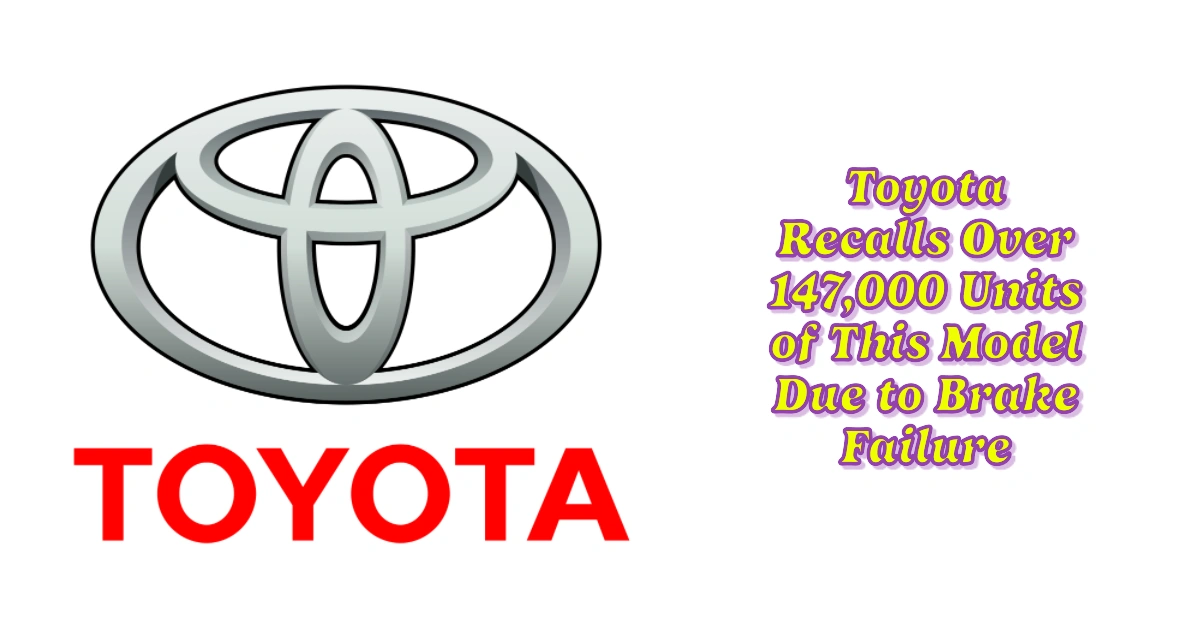Registered Retirement Savings Plans (RRSPs) are a cornerstone of retirement planning for Canadians. After years of diligent saving and investing, it’s crucial to understand how to convert your RRSP into a steady stream of retirement income. This guide will walk you through the essentials of converting your RRSP into income, including the best timing, options, and strategies for maximizing your retirement funds.
Table of Contents
When is the Best Time to Convert Your RRSP into Income?
The optimal time to convert your RRSP into income is when you retire and no longer receive a regular paycheck. Ideally, you should have contributed to your RRSP during your working years when you were in a higher tax bracket. By doing so, you can benefit from tax deductions now and make withdrawals later, when you are likely in a lower tax bracket.
However, some individuals choose to develop a withdrawal strategy based on tax planning considerations. For example, strategies might include leveraging the Pension Income Tax Credit, minimizing Old Age Security (OAS) clawbacks, or withdrawing RRSP funds at a lower tax rate. In some cases, deferring RRSP income can be costly due to tax implications and mandatory conversion rules.
How Long Can You Defer Your RRSP Conversion?
The general advice is to defer RRSP conversions as long as possible to postpone taxes. However, there are limits. By the end of the year, when you turn 71, you must convert your RRSP into a Registered Retirement Income Fund (RRIF) or a life annuity. Although you don’t need to start withdrawing income immediately, the conversion must occur in the year you turn 71.
If you turn 71 this year and haven’t yet converted your RRSP, it’s important to consult your financial advisor before December 31 to ensure compliance and optimize your strategy.


What Are My RRSP Conversion Options?
When it comes to converting your RRSP, you have several options:
Cash Out the RRSP
Cashing out your RRSP is generally not advisable. This option results in the full value of your RRSP being added to your income for that year and taxed accordingly. Withholding tax applies, but your total tax liability is based on your marginal tax rate. Unless your RRSP balance is very small, cashing out can lead to significant tax consequences.
Registered Retirement Income Fund (RRIF)
The RRIF is a popular choice among Canadians for its flexibility. With an RRIF, you can choose your investments, set income frequencies, and adjust income amounts as needed. You also have the option to make changes to your RRIF in the future, making it a versatile choice for managing your retirement income.
Life Annuity
A life annuity provides a fixed stream of income for the rest of your life. You purchase an annuity from an insurance company, which then guarantees income payments until your death. Variations include joint annuities, guaranteed periods, and indexed annuities. While life annuities offer guaranteed income, they lack flexibility and may not provide estate benefits.
Fixed Term Annuity
Unlike a life annuity, a fixed-term annuity pays income for a specified term, such as 5, 10, or 20 years, but cannot extend beyond age 90. This option provides a structured income stream without committing to lifetime payments.
Options for Pension Money
If you’ve transferred pension funds from a former employer into a Locked-in Retirement Account (LIRA), note that pension money cannot be cashed out. Instead, you have:
- Life Annuity: Historically the sole option, this provides guaranteed lifetime income.
- Life Income Fund (LIF): Similar to an RRIF, but with annual withdrawal limits based on the CANSIM rate and provincial regulations. A LIF must be converted to a life annuity by age 80.
TFSA Contribution Limit 2024: How Much Can You Save in Canada?
Canadians: How to Maximize Your TFSA for Retirement Income
RRSP Canada: Benefits and Drawbacks of Retirement Savings Plan
Your TFSA’s Power: Turn $10,000 into a Tax-Free Income Stream!
How Do You Choose the Best RRSP Conversion Option?
Selecting the right RRSP conversion option involves careful planning and consideration of your unique financial situation. Here are some factors to weigh:
- Flexibility: RRIFs offer more control over income and investments. If you prefer managing your investments and adjusting income, an RRIF might be ideal.
- Control: Annuities provide simplicity and stability but lack flexibility. If you prefer a hands-off approach, an annuity may suit you.
- Estate Preservation: RRIFs generally offer better estate benefits. Annuities can be structured to include survivorship options but may reduce income.
- Lifetime Income: For guaranteed lifetime income, annuities are typically the best choice. However, current low interest rates can impact the attractiveness of annuities.
Converting RRSPs: Real-Life Examples
Understanding how different conversion options impact your income can be complex. For instance, a $100,000 RRSP might provide different income levels based on the option chosen. Below is a comparison of income flows for a 65-year-old:
| Age | Single Life Annuity | Joint Life Annuity | Annuity to Age 90 | Minimum RRIF | Level RRIF |
|---|---|---|---|---|---|
| 65 | $524.50 | $455.40 | $442.06 | $335.93 | $500.00 |
While a Single Life Annuity offers the highest immediate income, a RRIF provides more control and flexibility over your investments and withdrawals.
Canada Retirement Age 2024: Is it 65 or 67?
TFSA vs. RRSP: Which is the Better Investment for Your Money?
Why Your Group RRSP is a Valuable Benefit: What to Do When You Leave the Program
Grow Your Wealth: Top 3 Best Passive Income Investments for Canadians
Which Option is Best for You?
Choosing between an RRIF and an annuity requires evaluating your need for flexibility, control, and guaranteed income. Conduct thorough projections, consider your long-term financial needs, and consult with a financial advisor to make the most informed decision.







